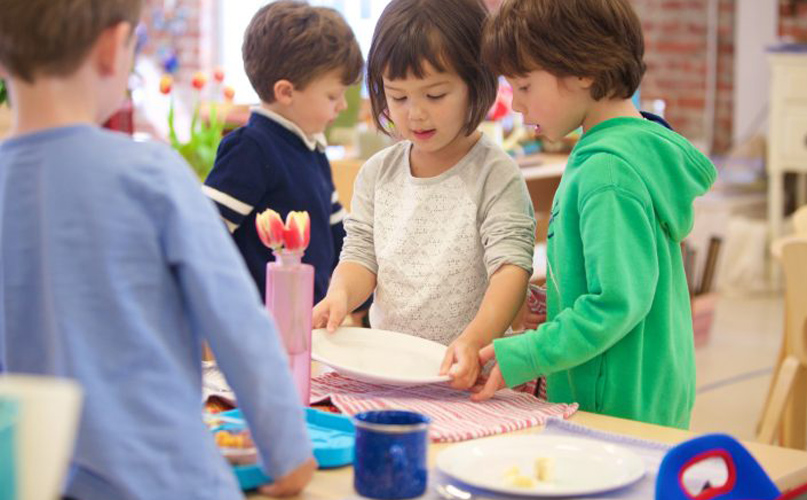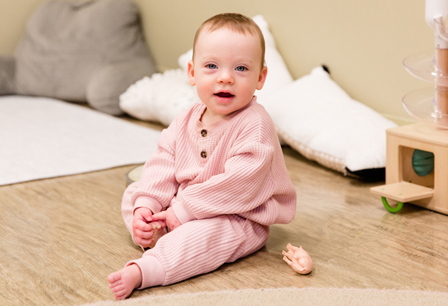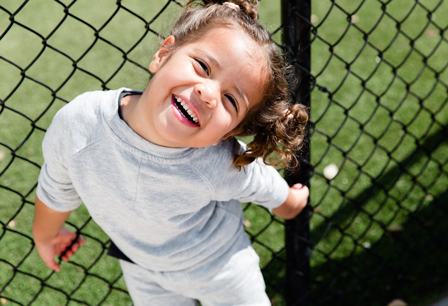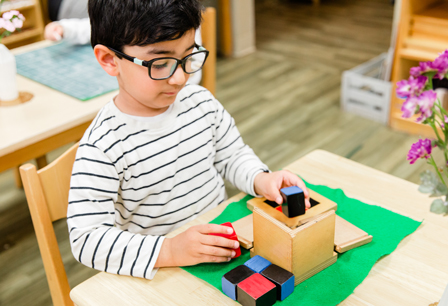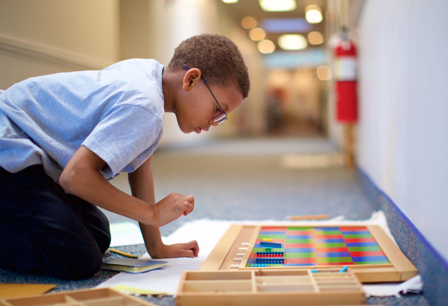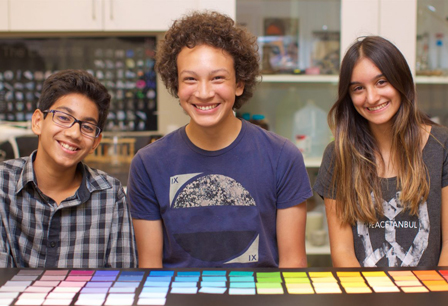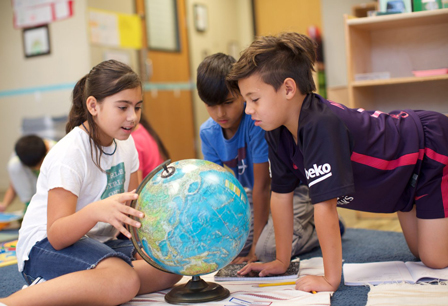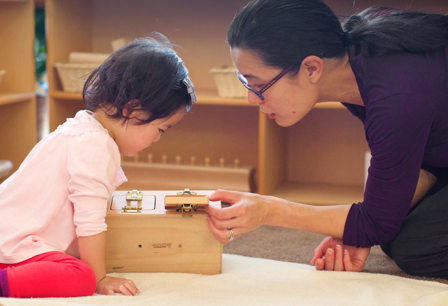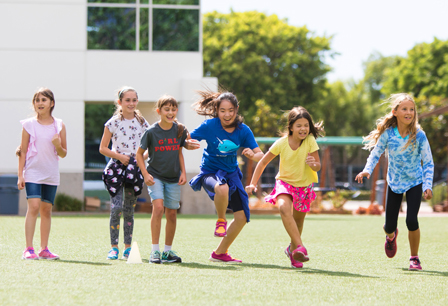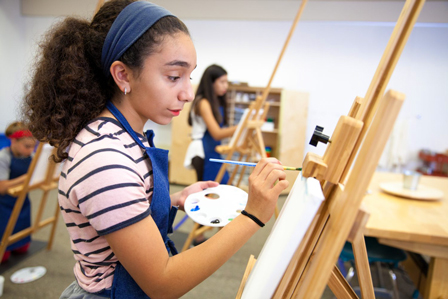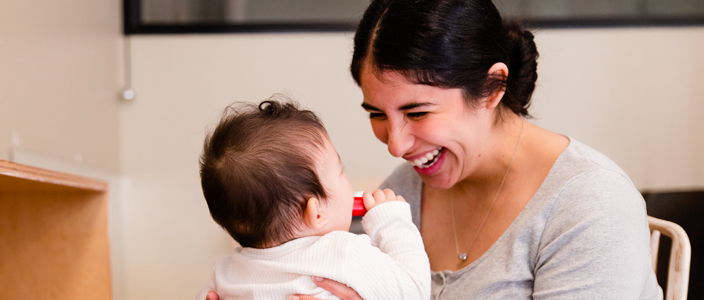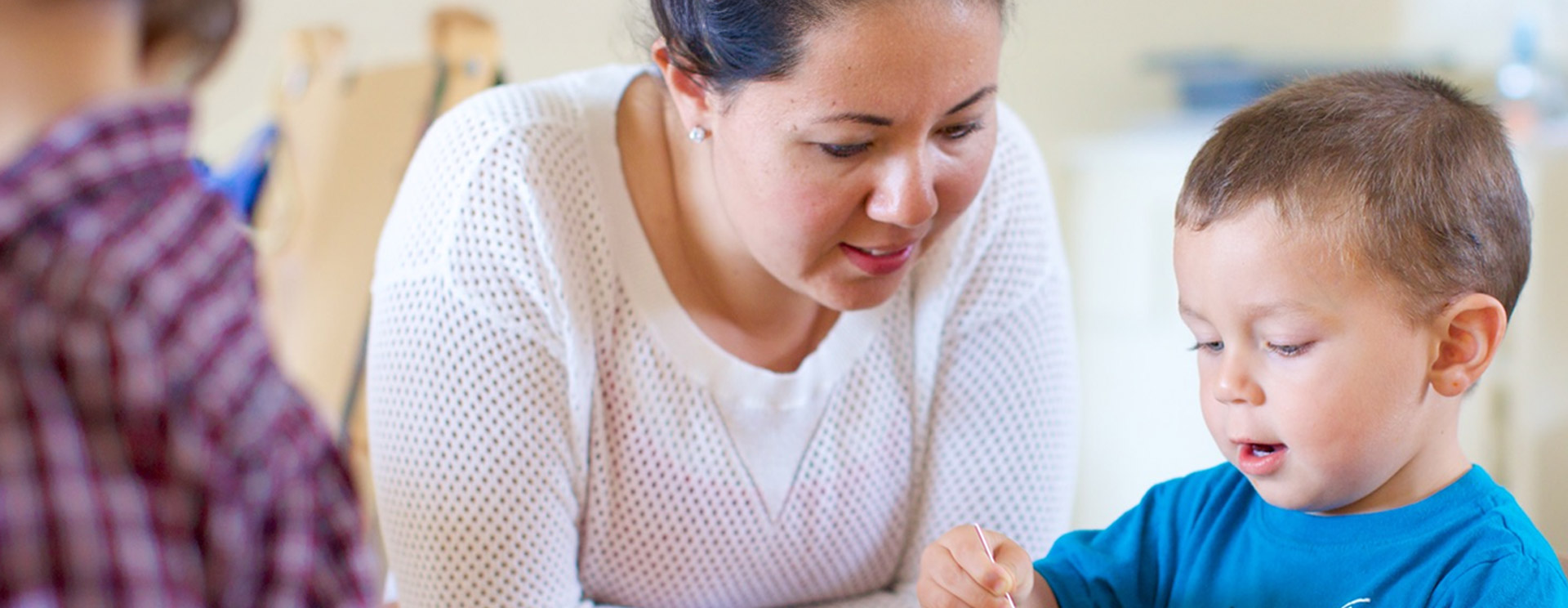
The LePort Difference
Why Choose LePort?
Choosing the right Montessori preschool, elementary, or middle school for your child is a big decision. At LePort, we offer something special—a place where your child is encouraged to grow, explore, and become a confident, independent thinker. We believe that learning is more than just what happens in the classroom. Your child will develop important life skills, build strong character, and discover the joy of learning.
Your child is part of a caring community at our school. We help them think for themselves and guide them as they explore their interests. They become successful adults, ready to take on life’s challenges with confidence and curiosity. We connect what they learn in the classroom to real-life experiences.
Mission & History
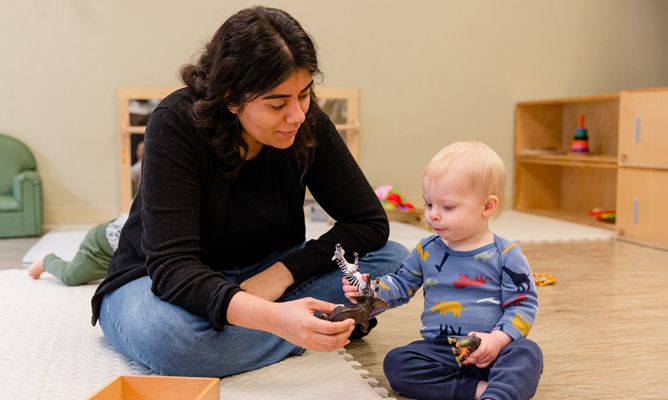
Our Mission
Our mission is to help our students grow academically, emotionally, and socially. We aim to prepare them for the future by inspiring a lifelong love of learning. We help them learn how to think, explore new things, and understand the world. By focusing on personal growth along with academics, we prepare them for success in school and beyond.
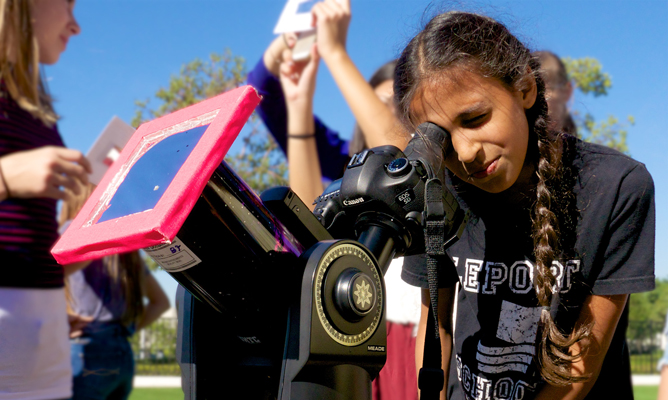
A History of Innovation
LePort Montessori was founded by Dr. Peter LePort, a parent who wanted a better education for his children. While in medical school, Dr. LePort learned about Dr. Maria Montessori and her ideas for teaching. He liked how her method helped children grow both in their thinking and their character. When his children were old enough for school, he enrolled them in Montessori programs. However, he was disappointed with how the schools were run. He also saw how little the teachers were supported. He hired a teacher to homeschool his children, and helped her develop a new upper elementary program. Both of his children later went to top colleges and did very well in their studies.
Dr. LePort created LePort Montessori as a place where children could learn to think for themselves, develop strong academic skills, and become independent. He believed that children should not just memorize facts. They should also understand what they are learning and know how to use the skills in real life.

